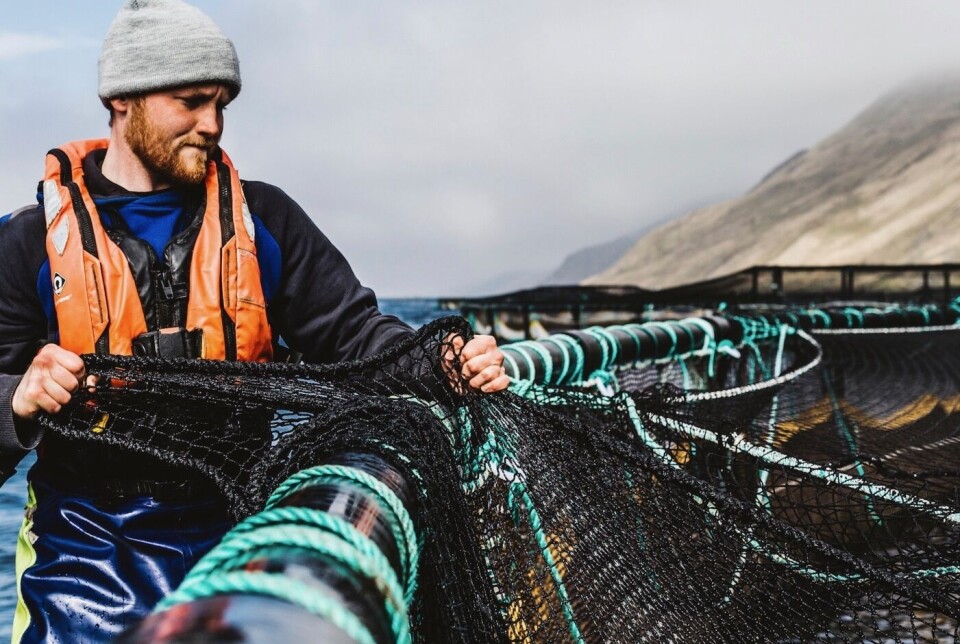
Shetland includes salmon farmers in key workers list
Salmon farmers have been classified as “key workers” by Shetland Islands Council, as have contractors supporting animal husbandry and production of animal foodstuffs by providing essential/critical services and supplies.
Both sets of workers are in the second of three categories of key workers.
Category 1 is for frontline health and care workers directly supporting Covid-19 response or emergency work, energy suppliers, and staff providing childcare/learning for other category 1 staff.
Category 2 includes other health and care workers, as well as police officers, fire fighters, social workers, etc., and those supporting critical national infrastructure, without whom serious damage to the welfare of the people of Scotland could be caused.
Category 3 is for workers without whom there could be a significant impact on Scotland.
Essential services
Shetland Islands Council said it had clarified the definition and categories of key workers in a local context, to help ensure that essential services can function while minimising the risks of travel and contact, and that key workers providing critical services can access the support they need, such as childcare.
Some services are deemed only to have key worker status where dealing with situations which pose an immediate threat to human wellbeing, animal welfare or the functioning of other key services.
Other Category 2 workers include those in food and drink processing, haulage and delivery, and retail, along with ports and harbour staff. Read the full list here.
Stirling and Highland councils have already granted key workers status to food producers, and Orkney Islands Council is understood to be doing so soon.























































